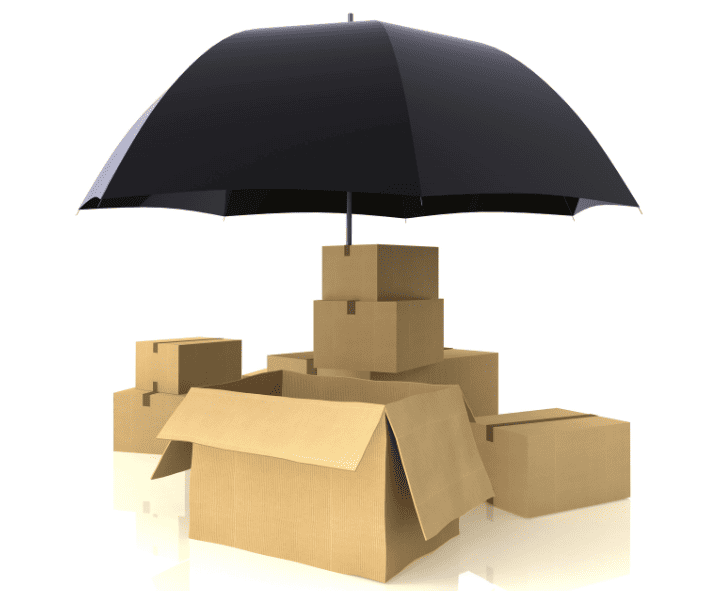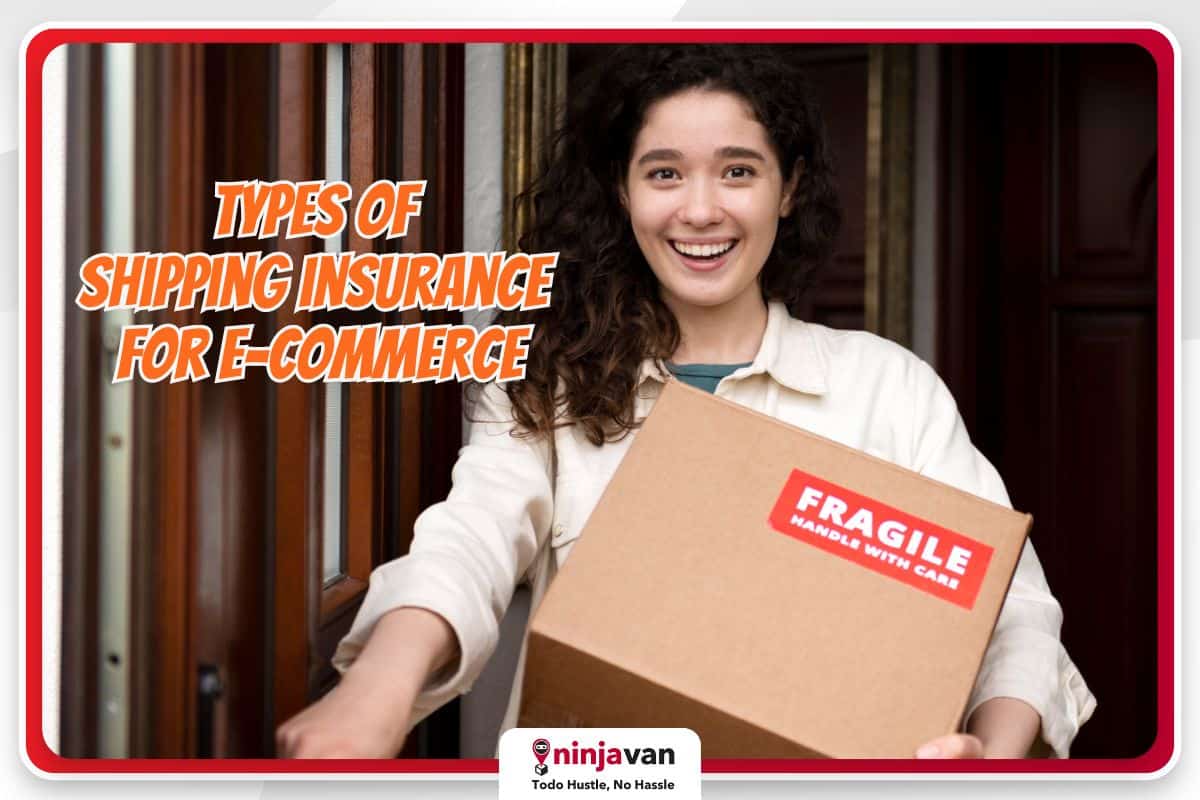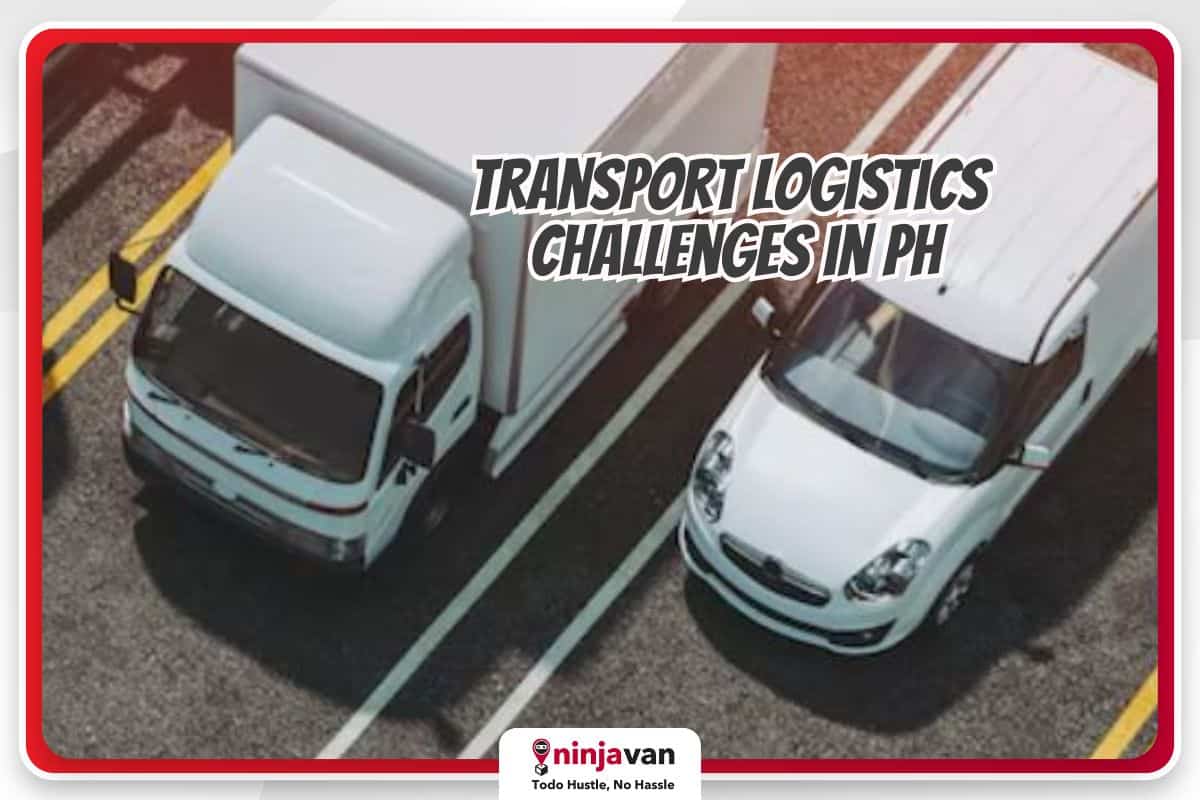A parcel’s journey from the seller to the customer is riddled with potential risks, including theft and loss. This is why it is crucial to safeguard every shipment so it will reach the customer in good condition and protect the business from losing a sale.
Shipping insurance plays a vital role in this process. Read on to understand what shipping is insurance for online businesses, who needs it and what type of insurance type will fit your business.
Also read: How to Reduce COD Parcel Rejection and Returns
What is shipping insurance?
Shipping insurance acts like a safety net that will protect parcels and shipped goods from loss, theft or damage during transport. By getting shipping insurance, you will be paying for the value and protection of your items.
This is helpful, especially during peak season when high volumes of parcels are being delivered urgently. Shipping insurance will provide both you and your customer peace of mind, whether you’re shipping locally or international.
Big and established businesses understand the value of getting insurance for shipping, but many small sellers may only think this is an added cost.
To make shipping insurance cost-efficient for you:
- Only use it for big-ticket, fragile or sensitive shipments
- Add the shipping insurance cost to the final payment total
- Make it optional for customers, but be sure to add a disclaimer that the item needs it and provide a clear return and refund terms.

How shipping insurance works for ecommerce businesses
Ecommerce shipping insurance offer protection from financial losses in case of lost, damaged, or stolen packages during transit.
Most of the time, insurance is offered by your third party logistics provider. Here’s how it works:
Coverage:
- Lost packages. If your package goes missing, the insurance will reimburse you for the declared value of the goods.
- Damaged goods. If your package arrives damaged, the insurance will cover the cost of repair or replacement.
- Stolen packages. In case of theft, the insurance will compensate you for the stolen items.
- Additional coverage. Some policies may also cover natural disasters, weather events, and even spoilage for perishable goods.

How to get it:
- Carrier insurance. Most carriers and courier services offer basic liability insurance, but it often has limited coverage and low payout caps.
- Third-party insurance. You can purchase separate shipping insurance policies from third-party providers, offering more comprehensive coverage and higher payout limits.
- Customer-paid insurance. Some businesses offer customers the option to purchase additional insurance for their orders.
The cost of shipping insurance varies depending on several factors, including the value of the goods, the shipping destination, and the chosen coverage level. Generally, the higher the declared value of the goods and the more comprehensive the coverage, the higher the cost.
Benefits of shipping insurance
- Financial protection. Shipping insurance protects your business from the financial burden of lost, damaged, or stolen goods.
- Customer satisfaction. By guaranteeing delivery or replacement, you can maintain customer trust and satisfaction even when issues arise.
- Peace of mind. Knowing your packages are insured can give you peace of mind and allow you to focus on other aspects of your business.
Carefully review the policy exclusions to understand what is not covered and familiarize yourself with the claims process to ensure you can file claims efficiently and effectively.

and revenue is protected from any unforeseen damage to your shipments.
Types of ecommerce shipping insurance
Here are three types of shipping insurance you can get for your online business:
1. Limited Liability Insurance
All logistics providers are legally required to have their own insurance policies for the safekeeping of your parcels. If anything untoward happens to your parcels, you will receive a payout to compensate for the damage.
However, this type of insurance will provide limited coverage — for specific situations and amounts.
2. Direct to Consumer (D2C) or Marine Cargo Insurance
This type of insurance is purchased by ecommerce owners from a third party insurance provider. It’s a private shipping insurance that offers door-to-door coverage.
Unlike the first type, this is more comprehensive, taking into account the actual value of your goods and the payment you will receive in case of damage or loss. This might be a bit more on the pricier side, but it definitely provides more security for your products.
3. Consumer Delivery Insurance
This is a type of shipping insurance that works with the carrier. Consumers can choose to add insurance coverage upon checkout of the item. Ecommerce owners provide their customers the choice of whether or not to insure their packages upon payment.

coverage for their parcels.
It might be easy to overlook shipping insurance especially for businesses that are still starting out. But secure packages arriving at your customer’s door hassle-free is what makes for a successful business and happy customers.
Ninja Van will keep your parcels safe
Ninja Van always works to keep your parcel safe and secure — from pickup to sorting to delivery. And as a VIP Shipper, we provide liability coverage for your parcels during delivery plus other perks to boost your business.

Enjoy these exclusive benefits as a VIP Shipper:
- Parcel protection. You can get limited liability coverage for lost or damaged parcel’s declared value or up to Php 60,000.00 (whichever is lower). We also offer shippers the option of extended liability coverage.
- Cost savings and operational efficiency. Along with the parcel liability coverage, you also get tons of perks including Fast COD remittances, Low COD fees, real-time parcel tracking and reporting and ecommerce API integration.
- Dedicated account management. You’ll work with a Dedicated Account Manager who will assist you with all your shipping needs and provide fast resolution for your parcel concerns. No need to contact customer service, your AM is just a chat away!
Become a Ninja Van VIP Shipper today!
More tips to boost your ecommerce business:
The Benefits of Postpaid Shipping for E-commerce
Top RTS Reasons and How to Avoid Them
How 3PLs Help Your Ecommerce Business Grow






